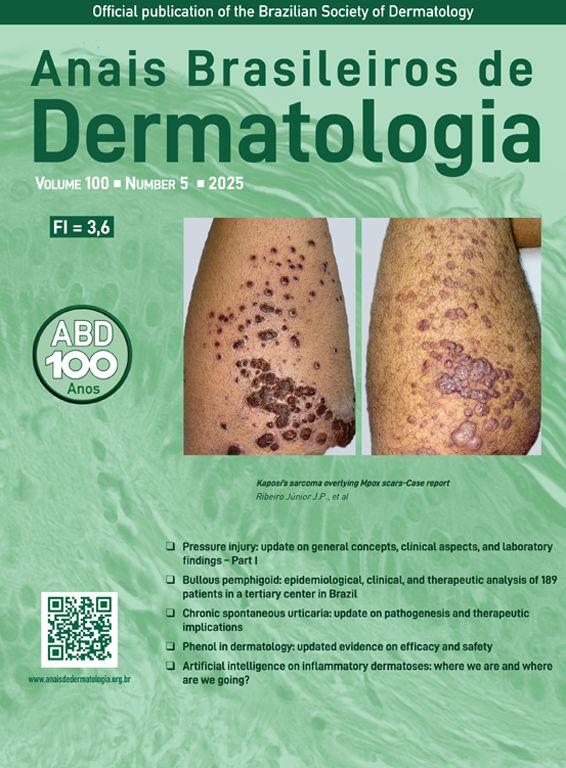was read the article
| Year/Month | Html | Total | |
|---|---|---|---|
| 2025 10 | 56 | 35 | 91 |
| 2025 9 | 192 | 86 | 278 |
| 2025 8 | 147 | 69 | 216 |
| 2025 7 | 194 | 66 | 260 |
| 2025 6 | 141 | 65 | 206 |
| 2025 5 | 177 | 61 | 238 |
| 2025 4 | 168 | 46 | 214 |
| 2025 3 | 154 | 48 | 202 |
| 2025 2 | 145 | 74 | 219 |
| 2025 1 | 122 | 54 | 176 |
| 2024 12 | 127 | 65 | 192 |
| 2024 11 | 134 | 52 | 186 |
| 2024 10 | 112 | 67 | 179 |
| 2024 9 | 134 | 78 | 212 |
| 2024 8 | 153 | 105 | 258 |
| 2024 7 | 121 | 121 | 242 |
| 2024 6 | 104 | 87 | 191 |
| 2024 5 | 84 | 70 | 154 |
| 2024 4 | 92 | 80 | 172 |
| 2024 3 | 76 | 87 | 163 |
| 2024 2 | 110 | 84 | 194 |
| 2024 1 | 67 | 44 | 111 |
| 2023 12 | 59 | 67 | 126 |
| 2023 11 | 81 | 76 | 157 |
| 2023 10 | 63 | 79 | 142 |
| 2023 9 | 118 | 81 | 199 |
| 2023 8 | 65 | 41 | 106 |
| 2023 7 | 62 | 49 | 111 |
| 2023 6 | 50 | 47 | 97 |
| 2023 5 | 57 | 25 | 82 |
| 2023 4 | 37 | 16 | 53 |
| 2023 3 | 67 | 41 | 108 |
| 2023 2 | 56 | 35 | 91 |
| 2023 1 | 43 | 38 | 81 |
| 2022 12 | 49 | 36 | 85 |
| 2022 11 | 52 | 47 | 99 |
| 2022 10 | 122 | 53 | 175 |
| 2022 9 | 72 | 69 | 141 |
| 2022 8 | 41 | 29 | 70 |
| 2022 7 | 41 | 58 | 99 |
| 2022 6 | 43 | 54 | 97 |
| 2022 5 | 42 | 52 | 94 |
| 2022 4 | 60 | 54 | 114 |
| 2022 3 | 48 | 67 | 115 |
| 2022 2 | 48 | 40 | 88 |
| 2022 1 | 98 | 77 | 175 |
| 2021 12 | 68 | 52 | 120 |
| 2021 11 | 57 | 69 | 126 |
| 2021 10 | 62 | 87 | 149 |
| 2021 9 | 51 | 61 | 112 |
| 2021 8 | 57 | 62 | 119 |
| 2021 7 | 46 | 61 | 107 |
| 2021 6 | 63 | 68 | 131 |
| 2021 5 | 114 | 110 | 224 |
| 2021 4 | 204 | 394 | 598 |
| 2021 3 | 164 | 96 | 260 |
| 2021 2 | 61 | 39 | 100 |
| 2021 1 | 29 | 15 | 44 |
| 2020 12 | 5 | 7 | 12 |
| 2020 11 | 1 | 2 | 3 |



